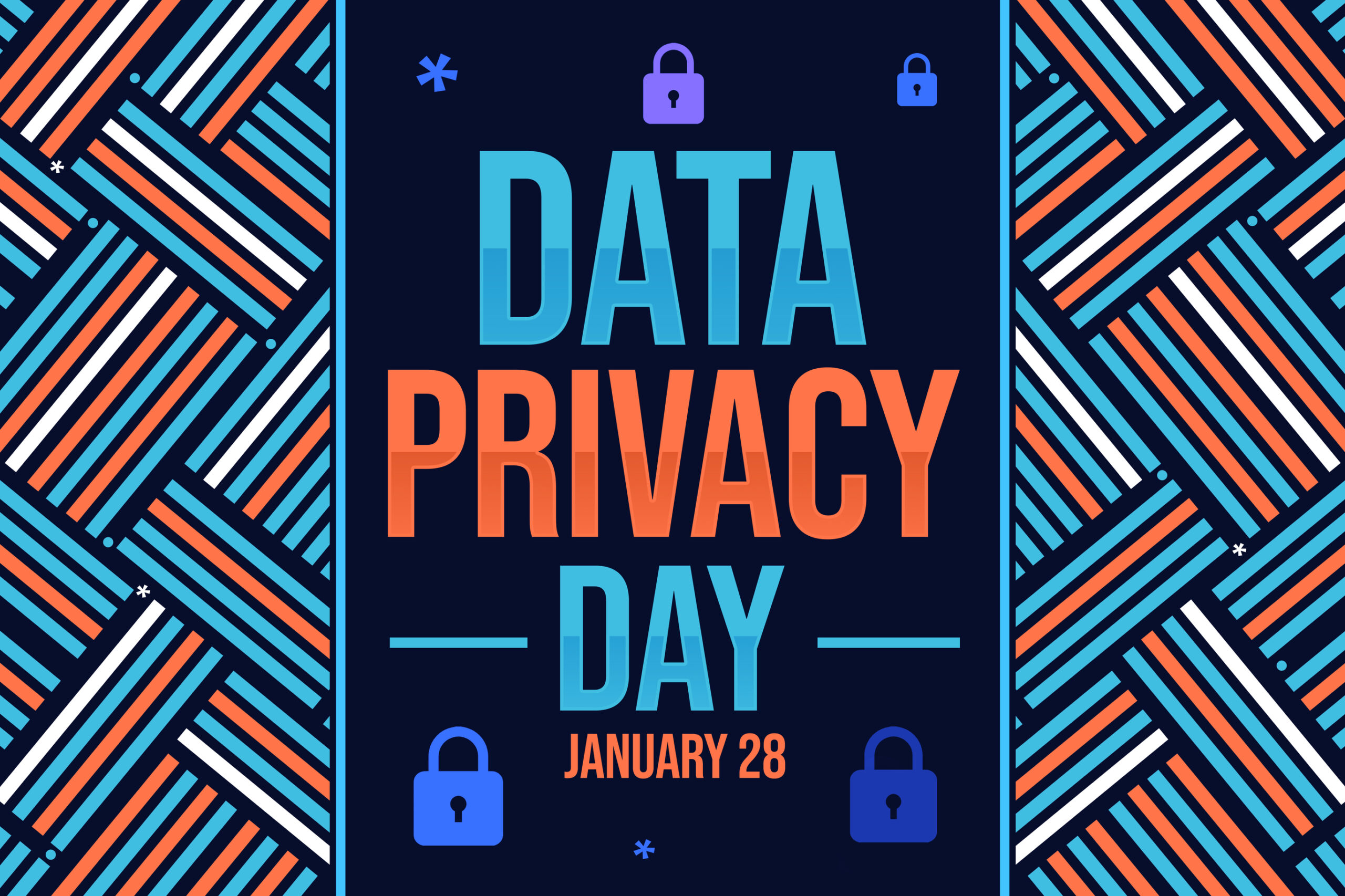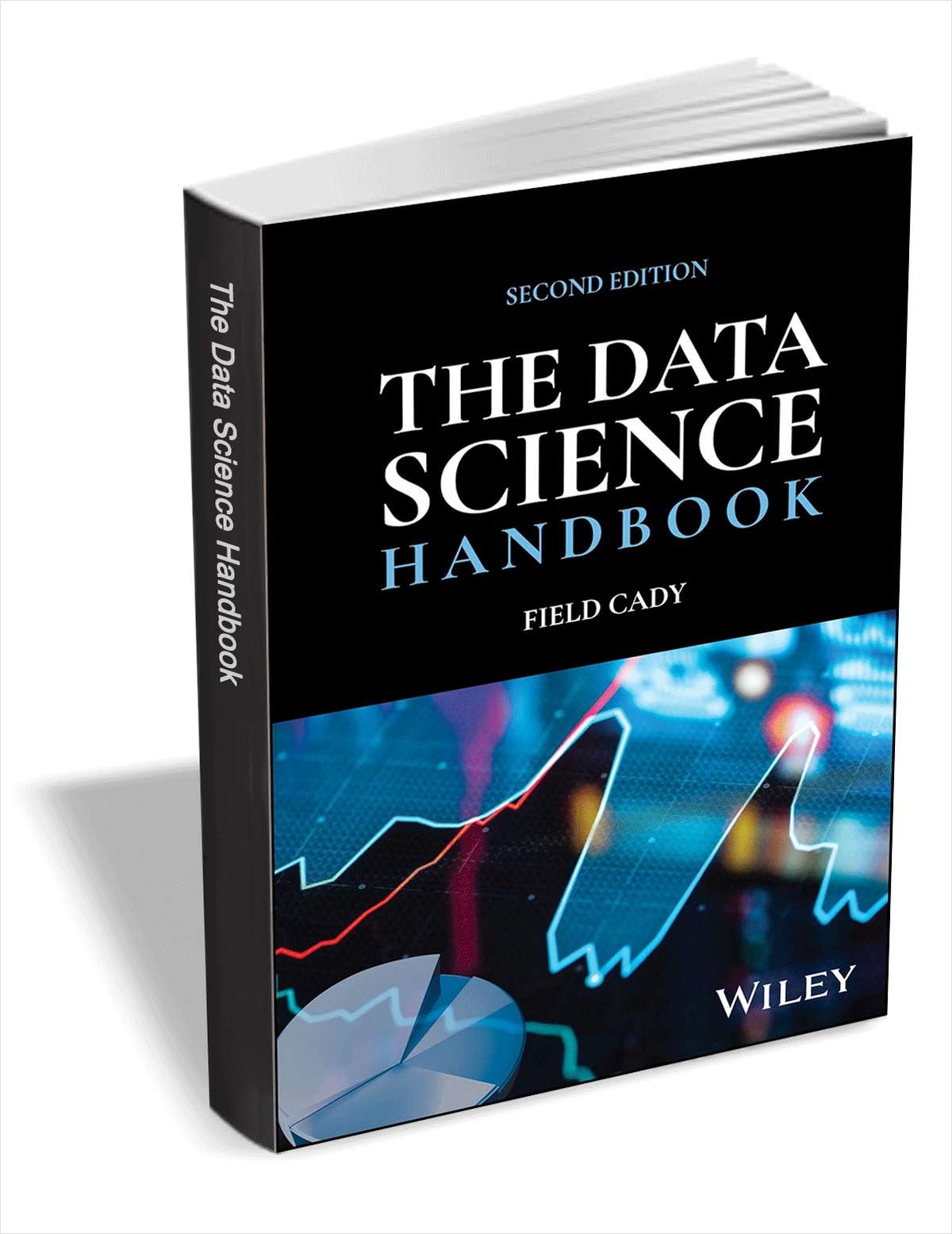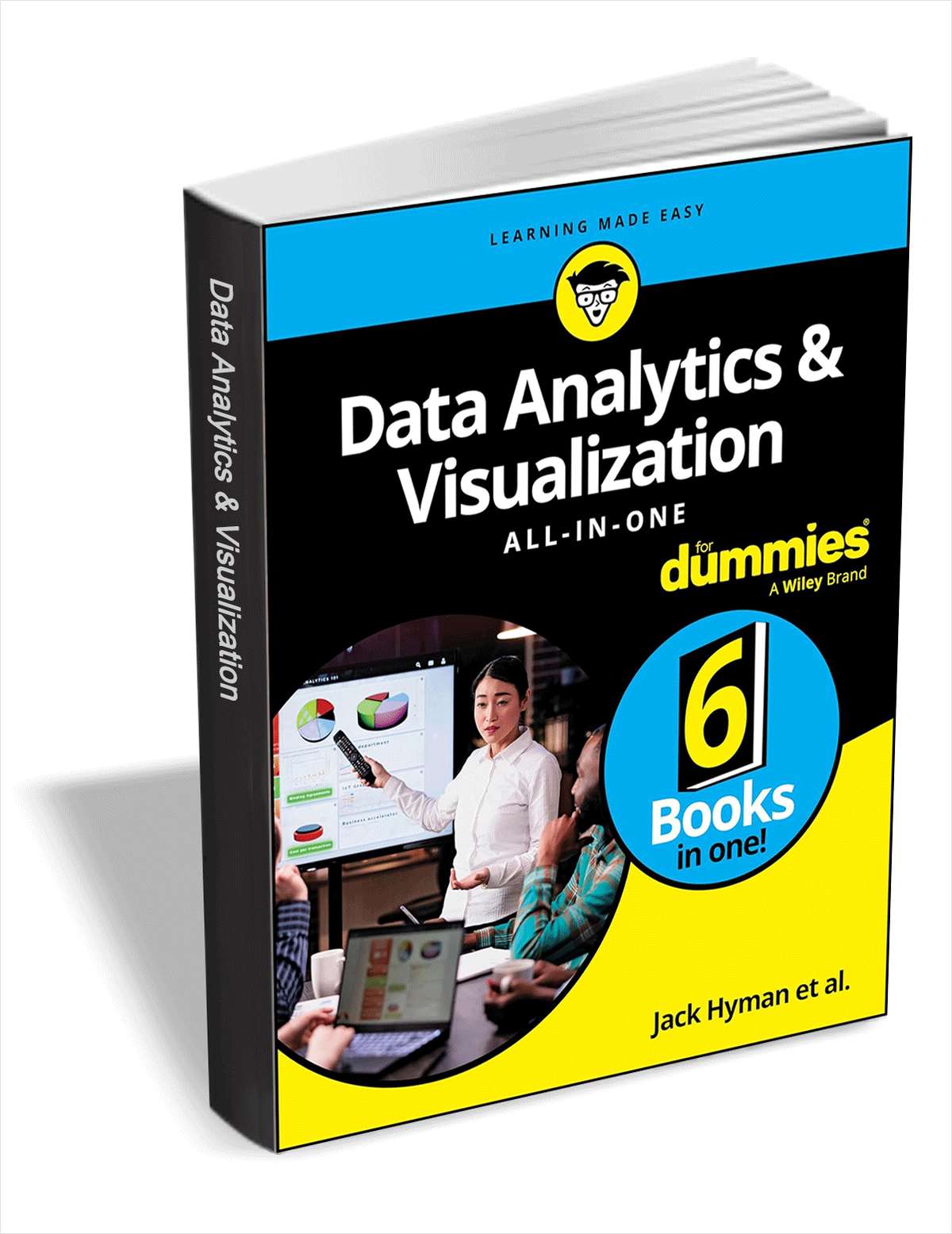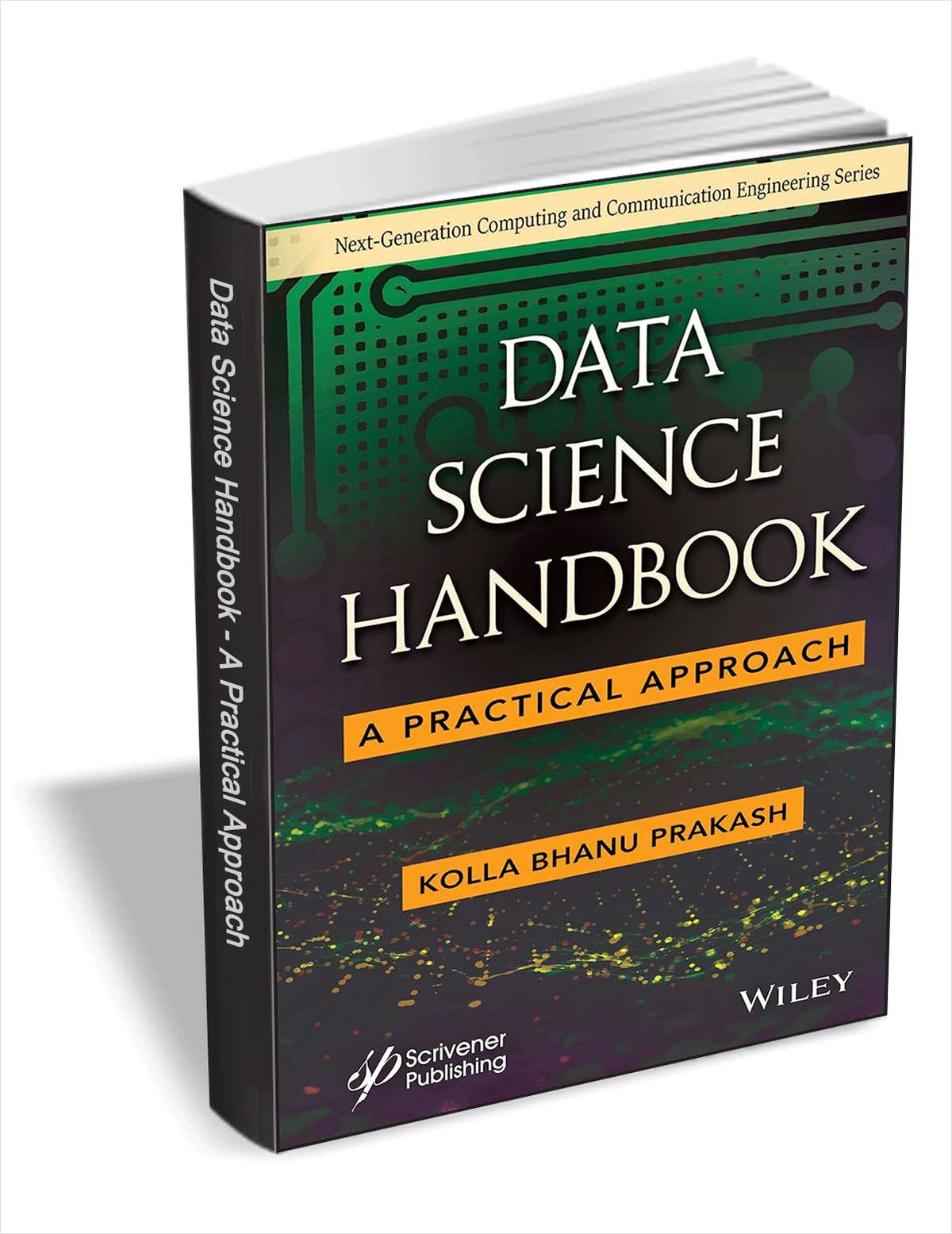
5 reasons your company could be dealing with a data quality issue
Data is a window into understanding not just how your business operates, but how consumers engage with, and select, your solutions. But according to this annual analyst report from Precisely and Drexel University, 67 percent of organizations don’t trust the data they are using for decision making. That means that your organization could also be dealing with unreliable data. When poor data leads to incorrect decisions, it can mean lost opportunities and wasted resources -- which costs your organization money. In uncertain times, a business's livelihood could even be on the line.
Data quality -- especially when it comes to Marketing, Advertising and Sales data -- impacts how teams assess and move forward in the marketplace. These teams lean on datasets to adjust outreach activities and awareness campaigns. The insights used from data are often the underpinning foundation for how a business not just orients itself for short-term quarterly goals, but also how an organization pivots to gain an edge on competition in the long term.

Enhancing data security in an AI-driven era
For many years, the IT community has consistently emphasized the inherent value and significance of data. Data is one of the greatest resources within a business, even referred to as an organization’s crown jewels, and as a result, has become a vital part of business’ security strategies.
However, as the global interconnectivity of technology continues to grow, securing data and its integrity has become one of the most complex parts of cybersecurity. The driving factor behind this increasing complexity is the broadening use of generative AI (GenAI) and large language models (LLMs), for which training data has largely become the world’s publicly available data.

Top 10 data security best practices for 2025
2024 ushered in one of the biggest shifts in data security, as cyber threats continued to increase in sophistication by leveraging advancements in AI to outpace traditional defenses. High-profile breaches across all industries continued, uncovering vulnerabilities in even the most robust systems. Meanwhile, the ongoing hybrid work models and migration to cloud-based technologies expanded the attack surface, creating new challenges for protecting sensitive data.
As 2025 rolls on, organizations need to follow best practices that represent a proactive, forward-thinking framework to stay ahead of emerging threats, protect critical data, and maintain the trust of their stakeholders. Here are ten best practices that organizations should consider.

Manufacturing firms worry their data isn't suitable for AI
A new study finds that 92 percent of those surveyed in the manufacturing industry say AI is a top C-Suite priority and the same percentage agree it provides a competitive advantage.
But the report from Riverbed also shows that 69 percent are concerned about the suitability of their organization's data for AI usage, and only 42 percent rated their data as excellent for completeness and accuracy. It's notable too that 42 percent say their data quality is a barrier to further AI investment.

Celebrating Data Privacy Day: Ensuring ethical agentic AI in our daily interactions
Both AI agents and agentic AI are becoming increasingly powerful and prevalent. With AI agents, we can automate simple tasks and save time in our everyday lives. With agentic AI, businesses can automate complex enterprise processes. Widespread AI use is an inevitability, and the question going forward is not if we’ll use the technology but how well.
In a world where AI takes on more responsibility, we need to know how to measure its effectiveness. Metrics like the number of human hours saved or the costs reduced are, of course, important. But we also need to consider things like how ethically and securely our AI solutions operate. This is true when adopting third-party solutions and when training AI in house.

Active metadata: The key to unlocking data's full potential
Data-driven organizations are increasingly struggling with the limitations of passive metadata practices. These traditional approaches quickly become outdated, leading to inaccurate insights and poor decision-making. Passive metadata often remains siloed, making it challenging to integrate and understand relationships between datasets. As a result, organizations face significant hurdles in achieving data agility -- the ability to adapt how information is interpreted and rapidly acted upon.
Active metadata management solves these challenges by providing a dynamic, intelligent layer that enables businesses to improve their decision-making processes and maintain a competitive edge in an increasingly data-centric environment.

Get 'The Data Science Handbook, 2nd Edition' for FREE and save $60!
Becoming a data scientist is hard. The job focuses on mathematical tools, but also demands fluency with software engineering, understanding of a business situation, and deep understanding of the data itself. This book provides a crash course in data science, combining all the necessary skills into a unified discipline.
The focus of The Data Science Handbook is on practical applications and the ability to solve real problems, rather than theoretical formalisms that are rarely needed in practice.

You might be done with last year's data; it might not be done with you
You close out one year, looking for a fresh start on the next. But old content doesn’t just disappear when you hang up a new calendar. There’s always a chance of something in previous data reemerging to challenge the plans you have for the upcoming year. While nothing can completely counter that possibility, enterprise search can help keep tabs on all information, past and present, to mitigate such a risk.
Enterprise search enables instant concurrent searching across terabytes after first indexing the data. A single index can hold up to a terabyte, and there are no limits on the number of indexes enterprise search can create and end-users simultaneously query.

How to thrive in the era of minimal data deletion
According to the latest global estimates, up to 400 million terabytes of data are created every single day. However, unlike the past, where users were happy to delete data once they felt it was no longer required, today’s data rarely gets deleted anymore, which is creating a growing number of issues.
It has become a cliché to say, “data is the new oil”, but its value has never been higher. Companies across all industries now collect as much as they can from every customer and process, so it can be mined for valuable insights and/or sold to generate new revenue streams. But to extract greater value from data, you need to keep it. To keep it, you need space, security, and money. Consequently, organizations are increasingly looking for the best ways to store their data without breaking the bank (or damaging the environment, if they can help it). The question is, what’s the best way to go about doing this?

The increasing priority of security in data management
Data security has become a top concern for businesses across all industries. As organizations accumulate and leverage vast amounts of data to drive decision-making, the need to safeguard that information from both internal and external threats is more important than ever.
For companies managing sensitive customer information, intellectual property, or proprietary business insights, data security is no longer a negotiable priority -- it’s a critical component in strengthening your overall security strategy.

Companies aren't 'owning' their data
With a rapidly developing threat landscape, an increase in high-profile data breaches, the introduction of new legislation, and customer tolerance for poor data handling at an all-time low, the stakes are high for companies to have robust cybersecurity in place. However, despite their best efforts, companies are often found to not be doing enough to protect their assets.
Often, this is due to a case of ‘too much, too fast’. As businesses invest in new technologies, their day-to-day operations are being supported by ever more complex and fragmented technology platforms. At the same time, the amount of customer data available to them is growing and constantly streaming in, and bad actors are consistently launching more sophisticated attacks. Meanwhile, leaders are not fully aware of or own responsibility for their cybersecurity plans. As the digital world evolves with new threats and regulations, business leaders must recognize the importance of data protection. If they do not, they cannot adequately protect their customer's data and are in danger of losing their trust and even their continued existence in business.

Save $30! Get 'Data Analytics & Visualization All-in-One For Dummies' for FREE
Data Analytics & Visualization All-in-One For Dummies collects the essential information on mining, organizing, and communicating data, all in one place.
Clocking in at around 850 pages, this tome of a reference delivers eight books in one, so you can build a solid foundation of knowledge in data wrangling. Data analytics professionals are highly sought after these days, and this book will put you on the path to becoming one.

Save $156! Get 'Data Science Handbook: A Practical Approach' for FREE
Data Science Handbook offers a hands-on experience on various algorithms and popular techniques used in real-time in data science to all researchers working in various domains.
Data Science is one of the leading research-driven areas in the modern era. It is having a critical role in healthcare, engineering, education, mechatronics, and medical robotics. Building models and working with data is not value-neutral. We choose the problems with which we work, make assumptions in these models, and decide on metrics and algorithms for the problems. The data scientist identifies the problem which can be solved with data and expert tools of modeling and coding.

The top challenge when implementing AI for business: Lack of high-quality data
AI growth and adoption in the UK are surging, with the market valued at more than £16.8 billion and expected to reach £801.6 billion in the next decade. Approximately 15 percent of UK businesses are already using AI technologies such as data management and analysis, natural language processing, machine learning, and computer vision. And across the pond in the US, AI is expected to contribute a significant 21 percent net increase to US GDP by 2030, showcasing its substantial impact on the economy.
Growth in any new technology is never without its challenges. For AI, these include ensuring data privacy, addressing ethical concerns, and navigating the complexity of integrating with existing IT infrastructure. Data quality is central to resolving these challenges. To be useful, the data used for AI must be high-quality, well-structured, and from trusted sources. These properties are the foundation for all AI models and determine their effectiveness and reliability.

Why you need data guardrails, not guidelines [Q&A]
Often described as the lifeblood of an organization, data drives business operations and decision-making. But while the raw data itself is valuable, it’s the intelligence and insights that can be gleaned from it that truly fuel innovation and growth. This vital intelligence is the foundation on which organizations build long-term strategies, optimise processes, and identify new opportunities.
However, with IoT and AI creating volumes of data at an unprecedented rate, it has come to a point where many large enterprises have data lakes and warehouses overflowing with untapped potential.
